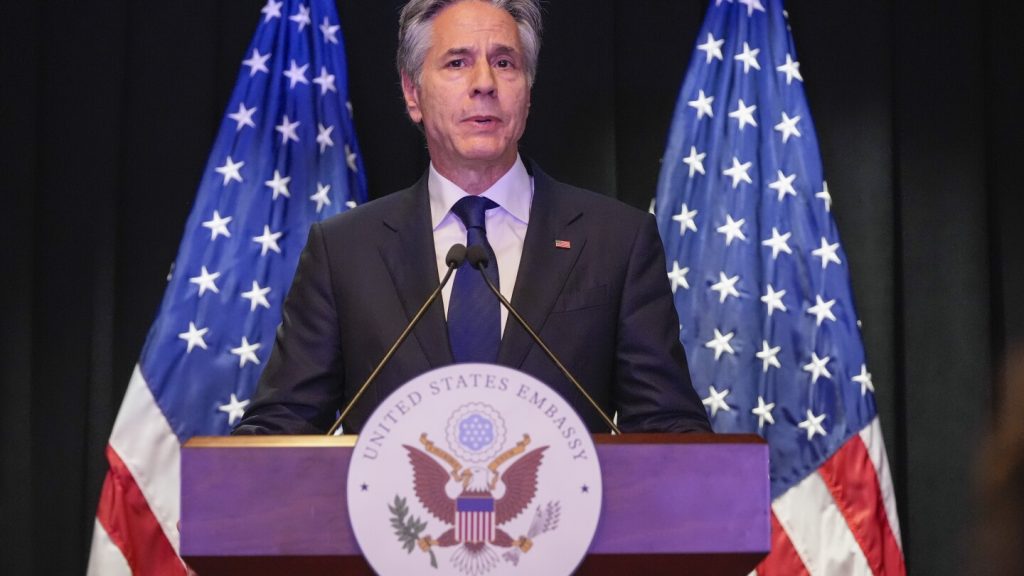Secretary of State Antony Blinken has determined that an Israeli army battalion committed grave human rights abuses against Palestinians in the West Bank before the war in Gaza, but he is postponing a decision on blocking aid to the unit to allow Israel more time to rectify the wrongdoing. Israeli leaders have vehemently protested any potential aid restrictions, and Blinken’s letter to House Speaker Mike Johnson stated that overall U.S. military support for Israel’s defense against threats like Hamas will not be affected by the State Department’s eventual decision on the unit.
The Biden administration is facing a crucial decision on aid to Israel as protests over American military support for Israel’s actions in Gaza continue to impact college campuses, election-year politics, and relations abroad. The specific Israeli unit of concern is not identified in Blinken’s letter, but it is believed to be the Netzah Yehuda unit, historically based in the Israeli-occupied West Bank. This unit has been linked to abuses against Palestinian civilians, including the death of a 78-year-old Palestinian American man in 2022, prompting the U.S. to review its military aid in accordance with the Leahy law.
The Leahy law requires the U.S. to cut off military aid to a foreign army unit implicated in grave violations of international law or human rights, unless the military has taken corrective measures. While the law has never been invoked against Israel, Blinken’s letter suggests that the Israeli government has not adequately addressed the abuses by the military unit in question. Despite this, Israel has presented new information regarding the unit’s status, leading to discussions on potential remediation measures. Blinken’s decision will have implications for the close ties between the U.S. and Israeli militaries, as well as Israel’s reputation as “the world’s most moral army.”
Several Israeli Defense Force units and civilian authority units have been found to be involved in significant rights abuses by the State Department, but one military unit and all civilian units have taken appropriate remediation actions. The U.S. and Israeli militaries have a longstanding relationship, training together and sharing intelligence, making any potential aid restriction a source of embarrassment for Israel. The delays in the decision come as Blinken is scheduled to visit Israel, with tensions running high over the U.S.’s stance on Israel’s treatment of Palestinians and recent sanctions imposed on radical settlers for violence against Palestinians.
As Blinken weighs the decision on potentially withholding aid to the Israeli military unit, the ongoing protests and political tensions surrounding U.S. support for Israel’s actions in Gaza continue to shape the discourse in both countries. The postponement of a final determination reflects the complexity of the situation and the need for further dialogue between the U.S. and Israeli governments to address human rights abuses and ensure compliance with international law. The outcome of this decision will not only impact U.S.-Israel relations but also have broader implications for the ongoing conflict in the region and efforts to promote peace and justice for all parties involved.


